Editors
Muhamed Zulkhibri
Islamic Research and Training Institute, Islamic Development Bank, Jeddah, Saudi Arabia
Turkhan Ali Abdul Manap
Islamic Research and Training Institute, Islamic Development Bank, Jeddah, Saudi Arabia
ISBN 978-3-030-05224-9 e-ISBN 978-3-030-05225-6
https://doi.org/10.1007/978-3-030-05225-6
Library of Congress Control Number: 2018968350
The Editor(s) (if applicable) and The Author(s), under exclusive license to Springer Nature Switzerland AG, part of Springer Nature 2019
This work is subject to copyright. All rights are reserved by the Publisher, whether the whole or part of the material is concerned, specifically the rights of translation, reprinting, reuse of illustrations, recitation, broadcasting, reproduction on microfilms or in any other physical way, and transmission or information storage and retrieval, electronic adaptation, computer software, or by similar or dissimilar methodology now known or hereafter developed.
The use of general descriptive names, registered names, trademarks, service marks, etc. in this publication does not imply, even in the absence of a specific statement, that such names are exempt from the relevant protective laws and regulations and therefore free for general use.
The publisher, the authors and the editors are safe to assume that the advice and information in this book are believed to be true and accurate at the date of publication. Neither the publisher nor the authors or the editors give a warranty, express or implied, with respect to the material contained herein or for any errors or omissions that may have been made. The publisher remains neutral with regard to jurisdictional claims in published maps and institutional affiliations.
This Palgrave Macmillan imprint is published by the registered company Springer Nature Switzerland AG
The registered company address is: Gewerbestrasse 11, 6330 Cham, Switzerland
Preface
The global crisis of 20072009 has clearly demonstrated the fallacies and inadequacies of the prevailing financial system and has made policymakers and regulators to rethinking the institutional framework for overseeing the stability of financial systems. Islamic finance underpinned by risk-sharing, real business activity and governance principles has offered itself as a possible alternative solution. Over the last decades, Islamic finance has experienced considerable expansion all over the world. It is promising for Islamic finance to become an integral component of the international financial system. The principles of Islamic economics and finance also promote the well-being of a society, where every individual and organization commits to justice, equity and freedom. Moreover, the risk-sharing principles in Islamic finance may contribute to improving macroeconomic stability. Islamic economics and finance offer an alternative form of financial contracts to support a stable environment for the economy.
This book provides original works and new insights covering the theoretical and empirical issues related to the Islamic financial system, risk-sharing mechanism and macroeconomic stability. In a nutshell, this book addresses some critical issues such as the ideal economic system to allocate economic resources from Islamic perspectives, the market and non-market mechanism and Islamic approach of distribution or redistribution of wealth for economic justice. Most of the contributed studies in this book have been presented and discussed in the IRTI-KAZGUU Research Workshop on Islamic Finance, Risk-sharing and Macroeconomic Stability: Issues and Challenges, which was jointly organized by Islamic Research and Training Institute, Islamic Development Bank and KAZGUU University in Astana, Kazakhstan.
We believe that the topic of Islamic Finance, Risk-Sharing and Macroeconomic Stability is a subject of great importance for policymakers, academics and practitioners. This book will contribute to contemporary Islamic finance debates, i.e. Islamic finance contribution towards sustainable development in Muslim and non-Muslim countries. Moreover, we hope this book will contribute to furthering the frontier of knowledge pertaining to Islamic economics and finance as well as providing new insights to the various stakeholders and policymakers around the world. We would like to take this opportunity to extend our deepest gratitude academic reviewers as well as those who have provided important contributions and rendered their support for making publication of this book a reality.
Muhamed Zulkhibri
Turkhan Ali Abdul Manap
Jeddah, Saudi Arabia
List of Figures
Fig. 3.1 Shariah as the source of Islamic banking
Fig. 4.1 The typical capital structure variation of US blue-chip firms
Fig. 6.1 The effects of supply and demand shocks of three monetary policies
Fig. 8.1 Size of banks included in the study
Fig. 8.2 Unconditional 1% VaR, CoVAR and

for each bank
Fig. 8.3 Time-varying conditional VaR for each bank
Fig. 8.4 Time-varying conditional

for each bank
Fig. 10.1 Conceptual framework of regulator charity-giving behaviour
Fig. 10.2 Path diagram of regular charity-giving model
Fig. 10.3 Initial model of regular charity-giving behaviour by WLS estimation
Fig. 10.4 Modification model of regular charity-giving behaviour by WLS estimation
List of Tables
Table 3.1 Differences between Riba and Profit
Table 4.1 Summary statistics
Table 4.2 Fixed effect estimation
Table 5.1 The criteria of the regulatory capital components
Table 5.2 Extract of Dubai Islamic Bank balance sheet
Table 5.3 Extract of Dubai Islamic Bank balance sheet 2013

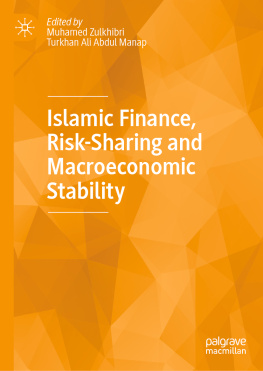


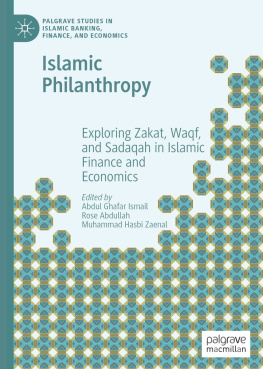
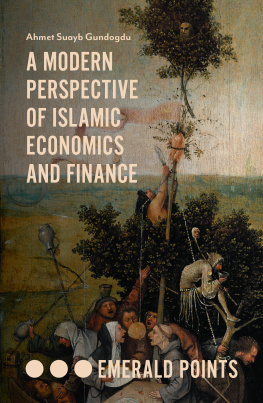
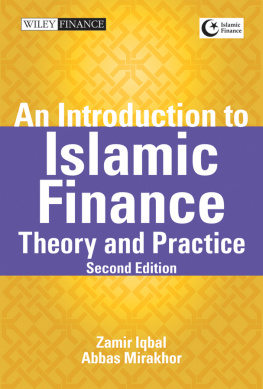
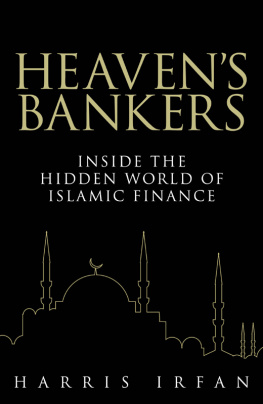
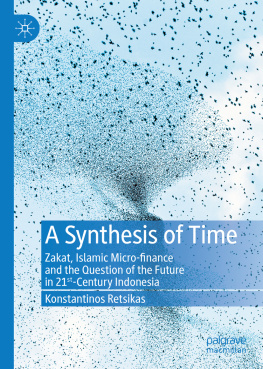
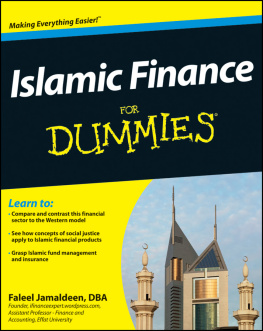
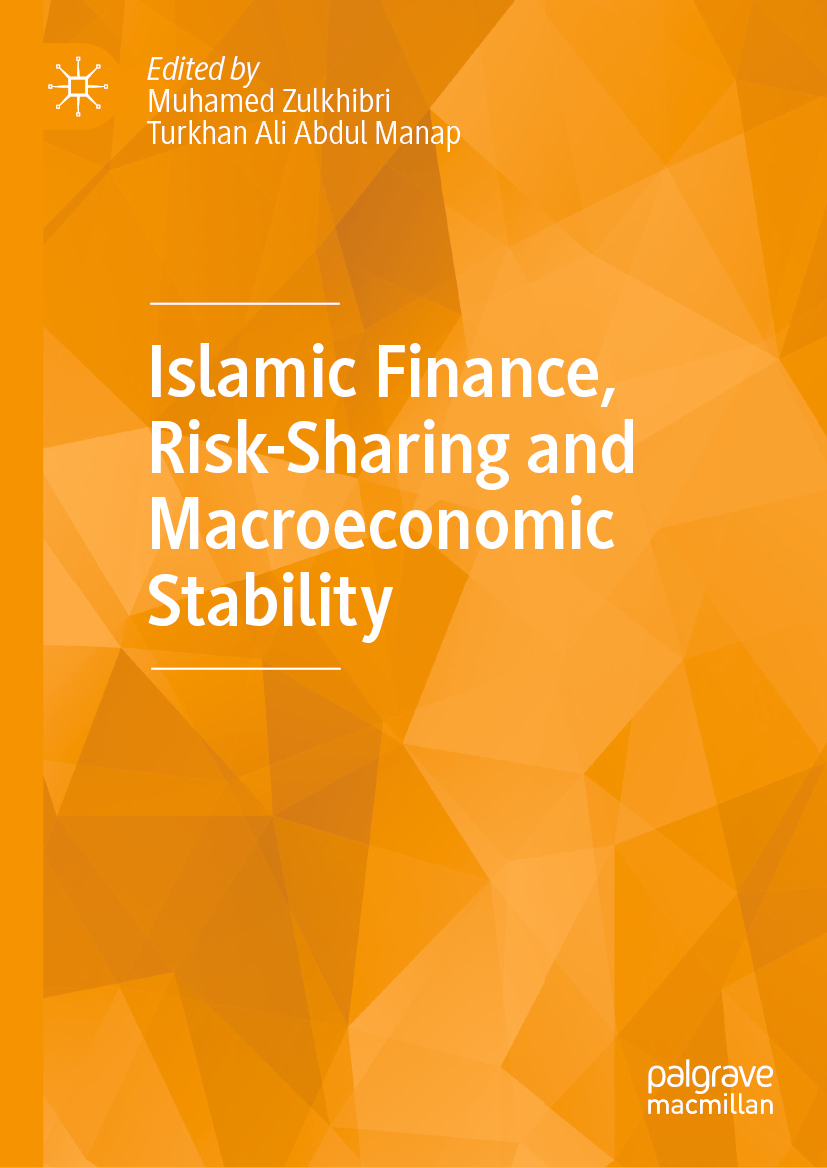

 for each bank
for each bank for each bank
for each bank